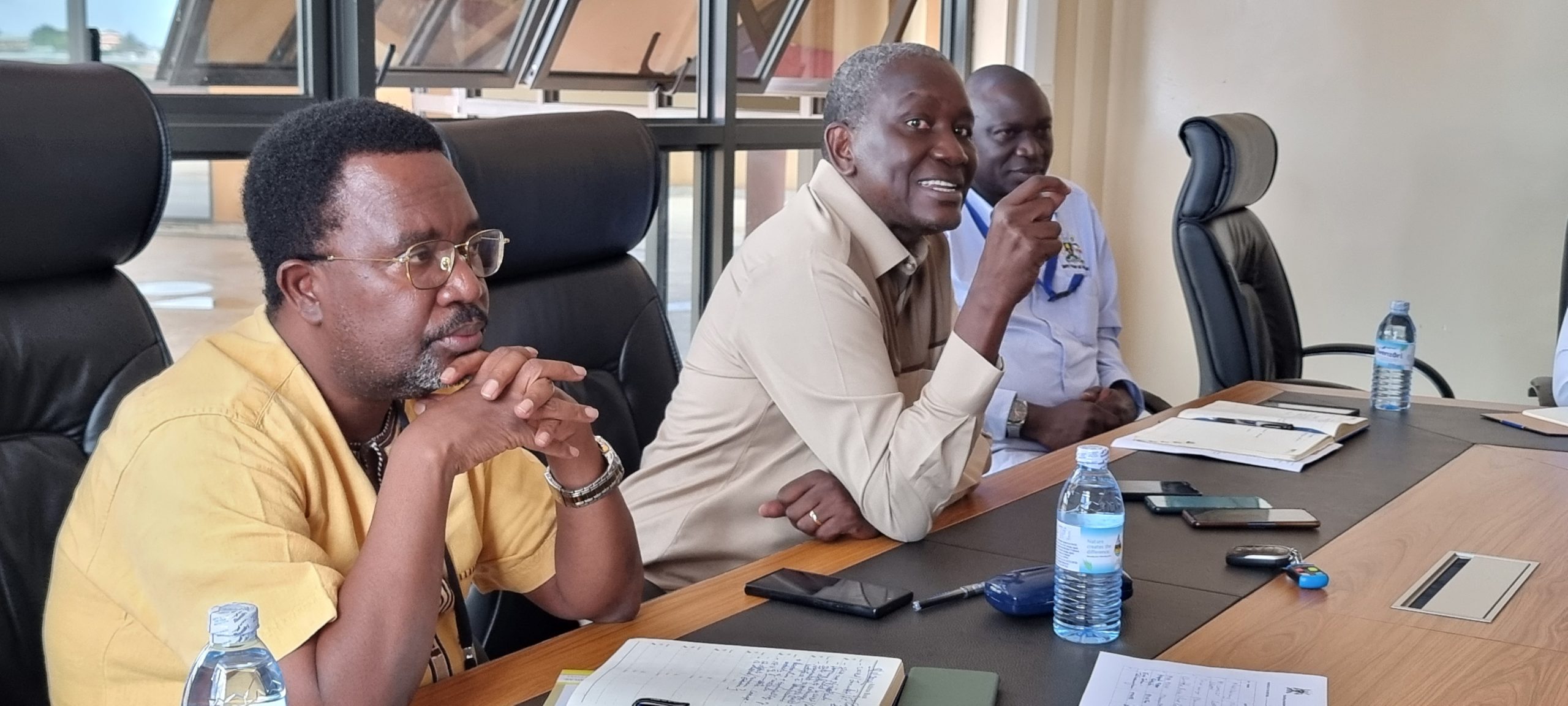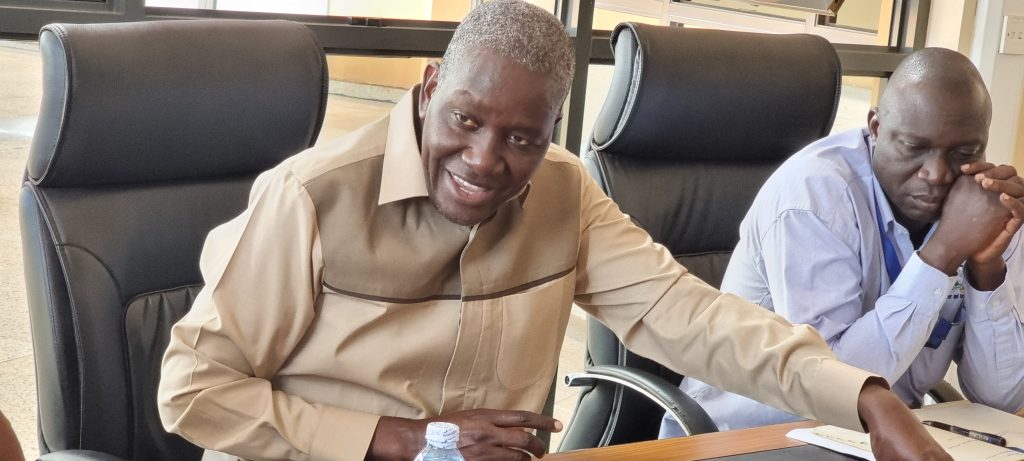The Ministry of Water and Environment (MoWE) has called for the protection of biodiversity, whether directly or indirectly saying it’s a collective effort for individuals, communities, and governments to work together.

Speaking to journalists at MoWE headquarters in Luzira , Kampala last week, Mr. David Okurut, the Commissioner of the Wetlands Management Department at Uganda’s Ministry of Water and Environment emphasized the vital significance of wetlands within Uganda’s ecosystem, describing them as “links” that support biodiversity, regulate water flow, and mitigate the effects of climate change.

He noted that wetland preservation is a shared responsibility, urging all stakeholders to actively participate in conserving these ecosystems.
“Preserving our wetlands is a shared responsibility, and research and innovation are key,” he noted.

Okurut emphasized the government’s ongoing conservation efforts, detailing the steps being taken to restore degraded wetlands and protect them from unsustainable activities. He encouraged those engaged in farming to adopt wetland-friendly practices, such as fish farming, which aligns with Uganda’s environmental conservation goals.

The Ministry of Water and Environment is implementing the eight-year- Building Resilient Communities, Wetland Ecosystems and Associated Catchments in Uganda project. The initiative aims at restoring wetlands and increasing the resilience of ecosystems and communities living around the wetlands, and is being funded by the Green Climate Fund (GCF) and United Nations Development Program (UNDP). The multi-sectoral project is expected to directly benefit up to 800,000 people in Uganda.




